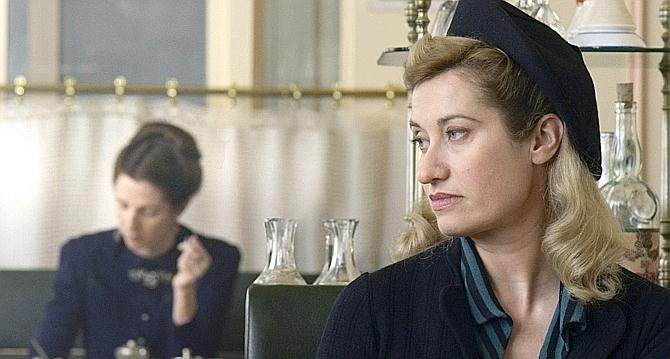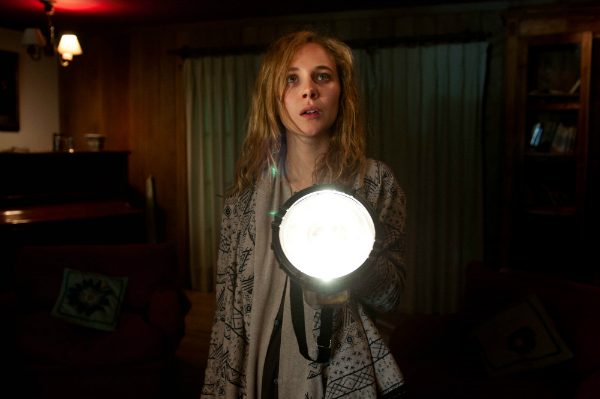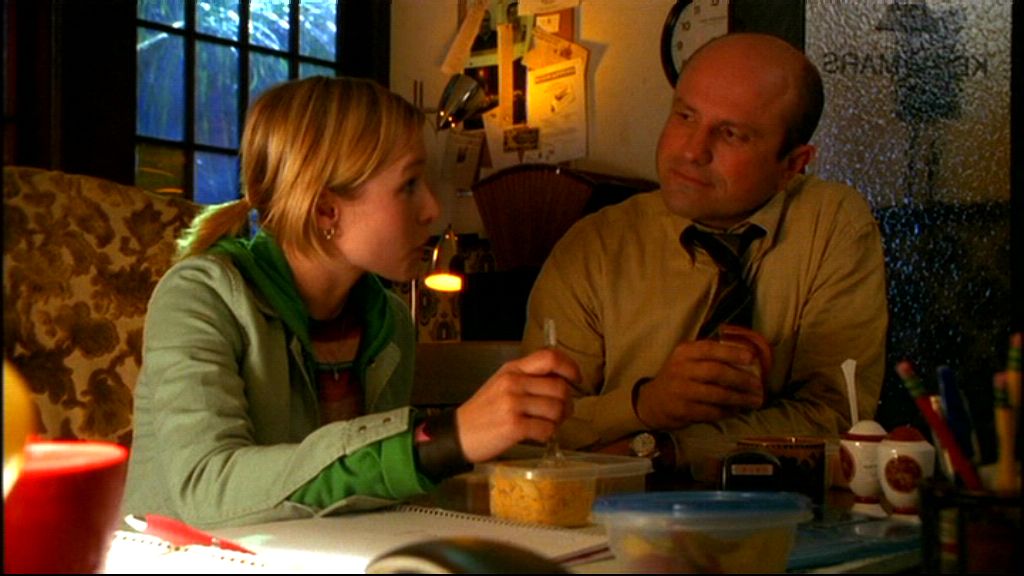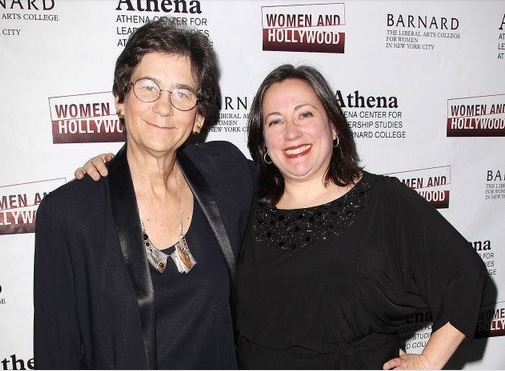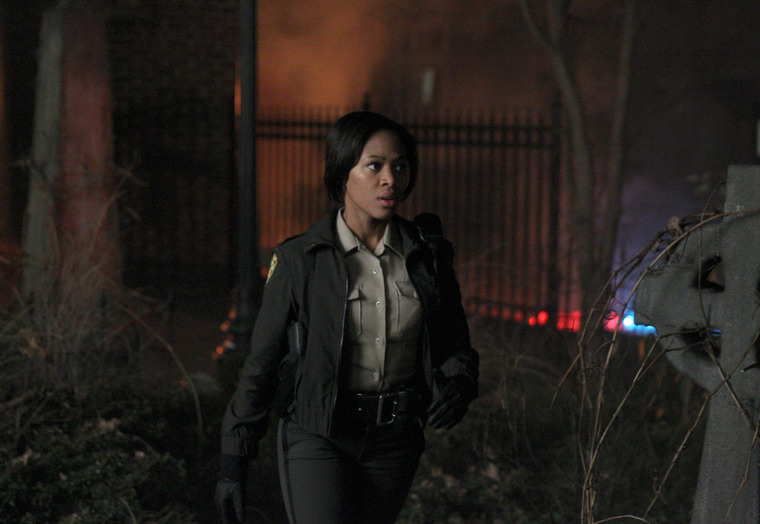‘Violette’: You Won’t See A Better Portrait Of Queer Women Artists This Year–Or Maybe Ever
So ‘Violette,’ a film which covers all of the 1950s (it begins in the 40s, before the end of the Nazi occupation of France during World War II and ends in 1964) is a nice change in that it focuses on not one, but two women writers who work hard over a period of years to become successful artists (both critically and financially) in their own right. The two characters come from real life: Violette Leduc (played by Emannuelle Devos, whom some will recognize as the star of Arnaud Desplechin’s films like ‘Kings and Queen’) the author of ‘La Bâtarde’ (‘The Bastard’) and Simone de Beauvoir (Sandrine Kiberlain) who wrote (among many other books) the groundbreaking feminist work ‘The Second Sex.’ In a Parisian parallel to Johnson, de Beauvoir was also the companion to Existentialist philosopher and writer Jean-Paul Sartre.
